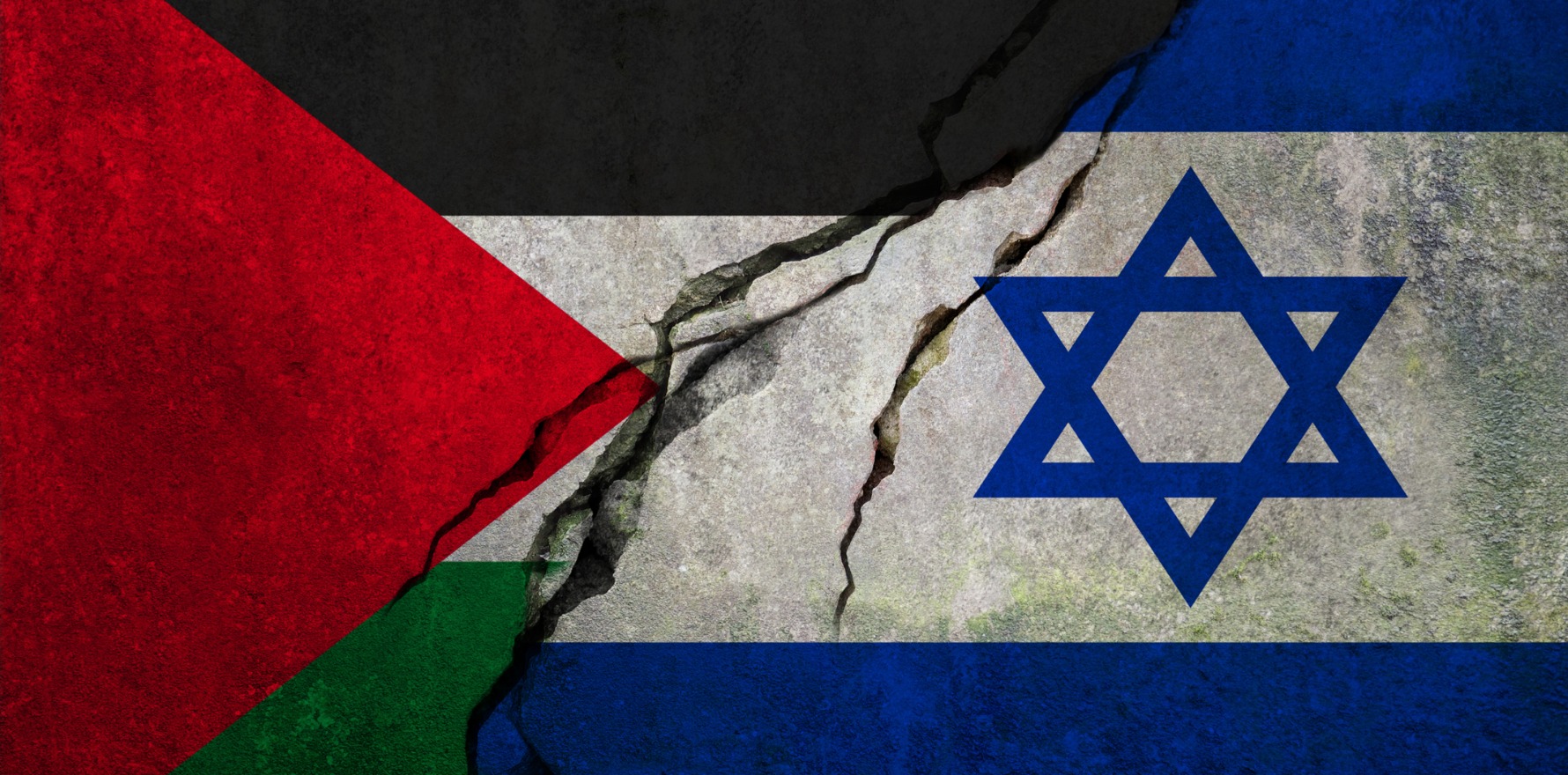
Complaints about a doctor advocating for the peaceful resolution of a war are unlikely to warrant further investigation, the regulator has confirmed.
AHPRA has confirmed that it is “unlikely” to investigate complaints about doctors who use social media to advocate for peace, urge for the protection of healthcare workers or call for balanced reporting on an overseas war.
The regulator’s social media policy itself hasn’t changed.
Instead, AHPRA has added new public examples about the types of complaints it is likely to investigate further or consider acting on.
In the past few months, around 60 notifications have been made to the regulator about healthcare workers posting about the conflict in Israel and Palestine.
Although the new examples don’t explicitly mention the Gaza Strip, they all make reference to either a “conflict or war” or broad “condemnation of citizens of a country, or a cultural or religious identity”.
AHPRA is bound by section 148(1) of the Health Practitioner Regulation National Law to deal with all the notifications that come its way; it cannot just dismiss them out of hand, it must refer it to the relevant national board.
The national board then has 60 days to conduct a preliminary assessment and decide whether the notification relates to a matter that is actually grounds for a notification.
If it decides the notification does not meet the standard, this is the earliest point at which it can be closed with no further action.
“While everyone has the right to lodge a notification if they are concerned about the social media use of a registered practitioner, there are only limited grounds on which AHPRA and the national boards would investigate or consider taking action,” the regulator said.
“Registered practitioners will not be investigated purely for holding or expressing their views on social media.”
There are five new social media examples in total.
Three of these are examples that are unlikely to warrant an investigation: advocating for the peaceful resolution of a war, urging for protection of health workers and facilities caught in a war and calling for accuracy, truth and impartiality in reporting on a war.
In all of the above situations, the regulator said, it’s likely that the notification will be closed so long as the social media posts do not present a risk to public safety or the public’s confidence in the profession and do not require action to maintain professional standards.
The two kinds of social media activity that may result in further investigation are political content that calls for inappropriate action or political content that is deliberately biased and not factual.
Descriptors for these examples were very precise.
The first one included “a call to action, such as signing a petition or attending a protest march, specifically aimed at denigrating or discriminating against a population or group”.
The second specified that the intentionally misleading content had to have “the potential to incite racial hatred [or] intolerance”.
As reported in newsGP, AHPRA is gearing up to survey doctors on their view of the regulator later in the year.
It will be the first time it has done so since introducing a fast-tracked notifications system in 2022.
At the time of the last survey in 2021, doctors were the professional group with the lowest proportion of members who reported a positive view of the regulator.

